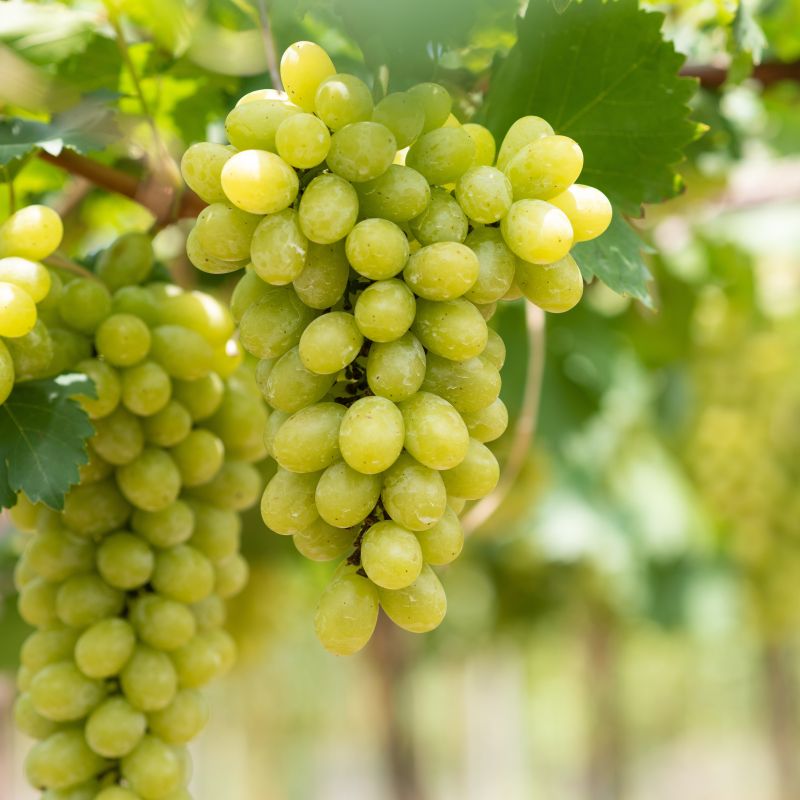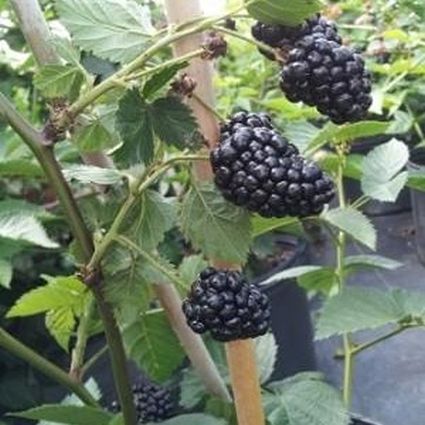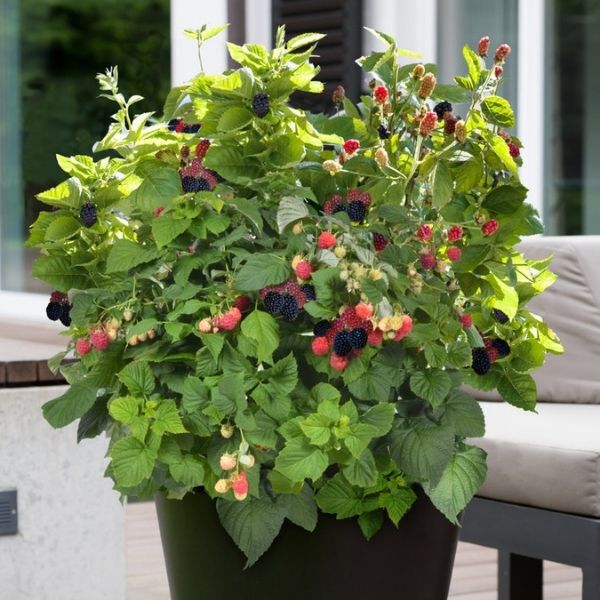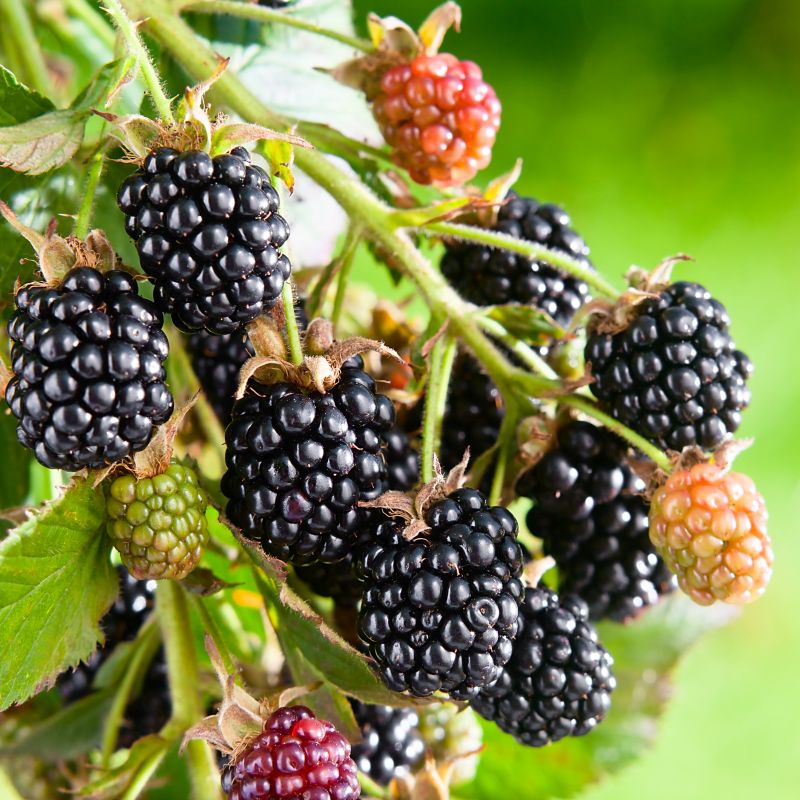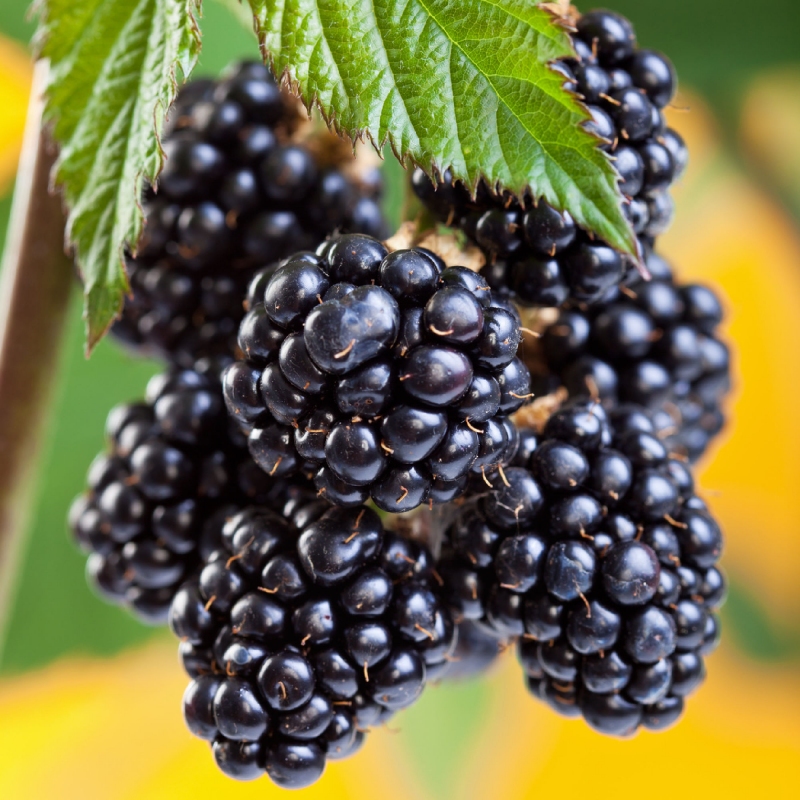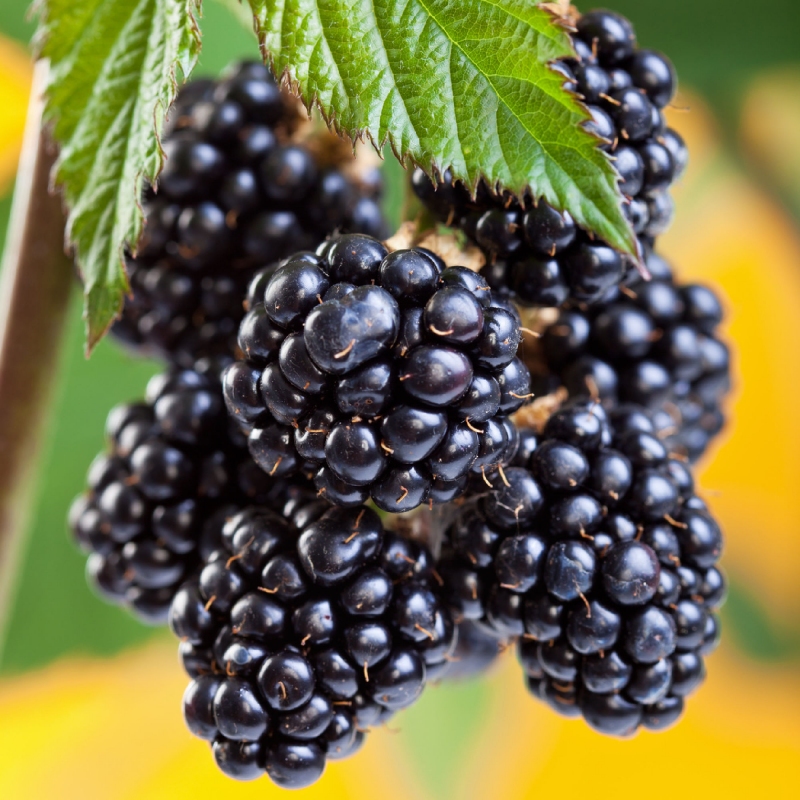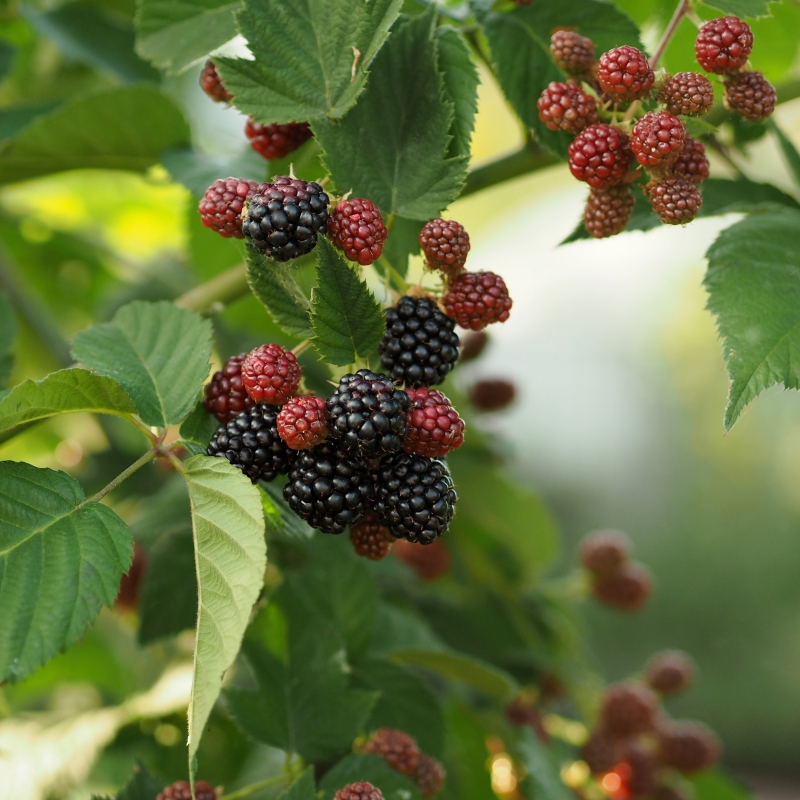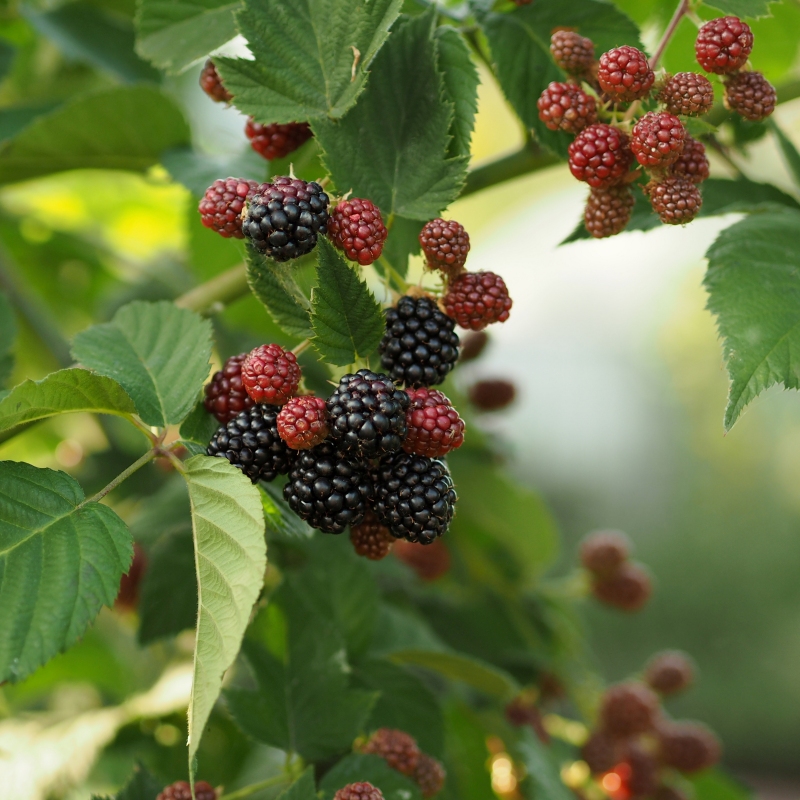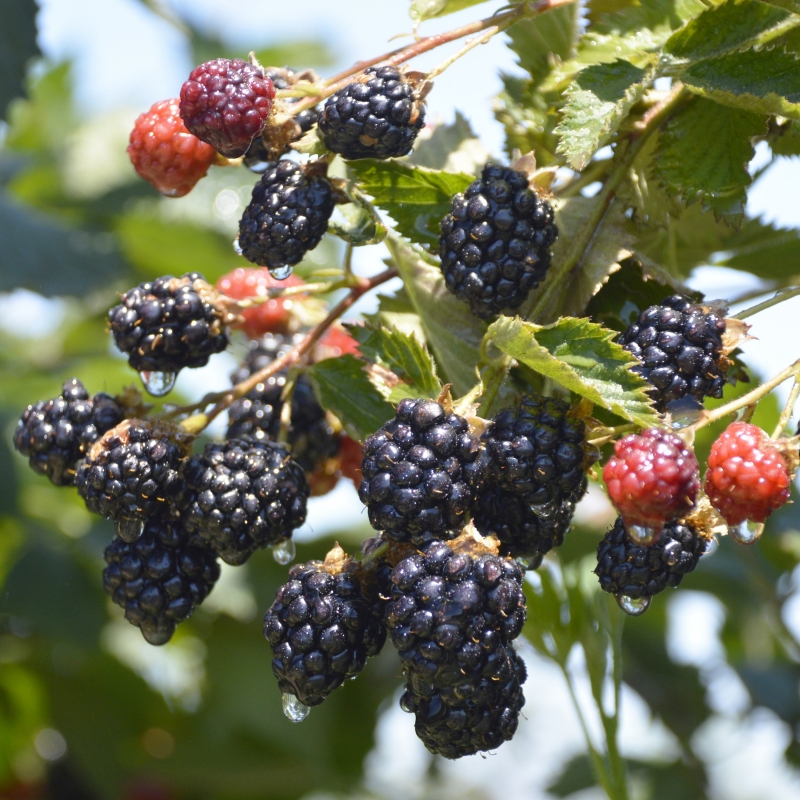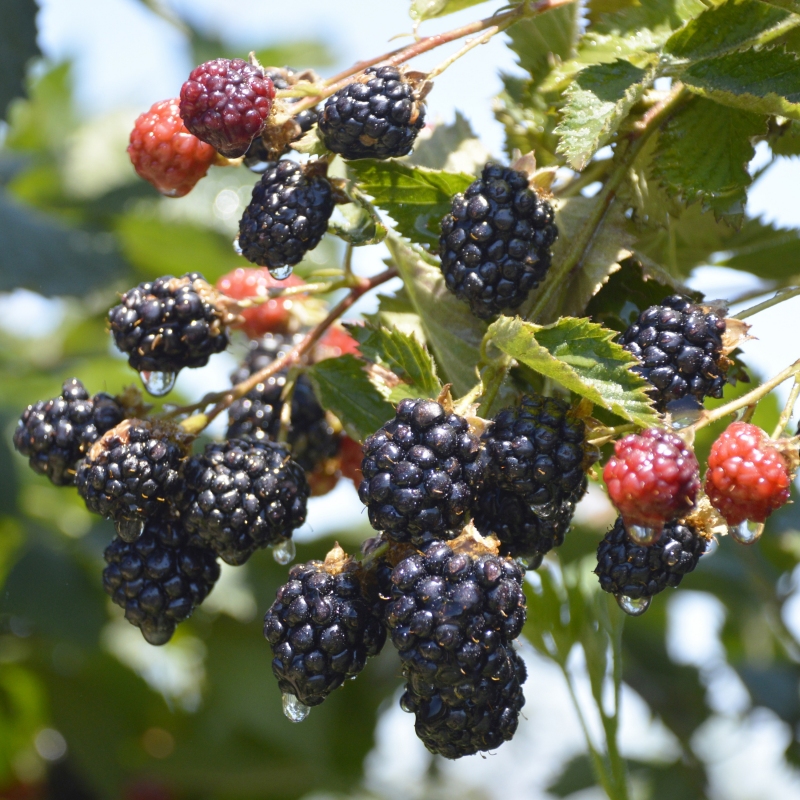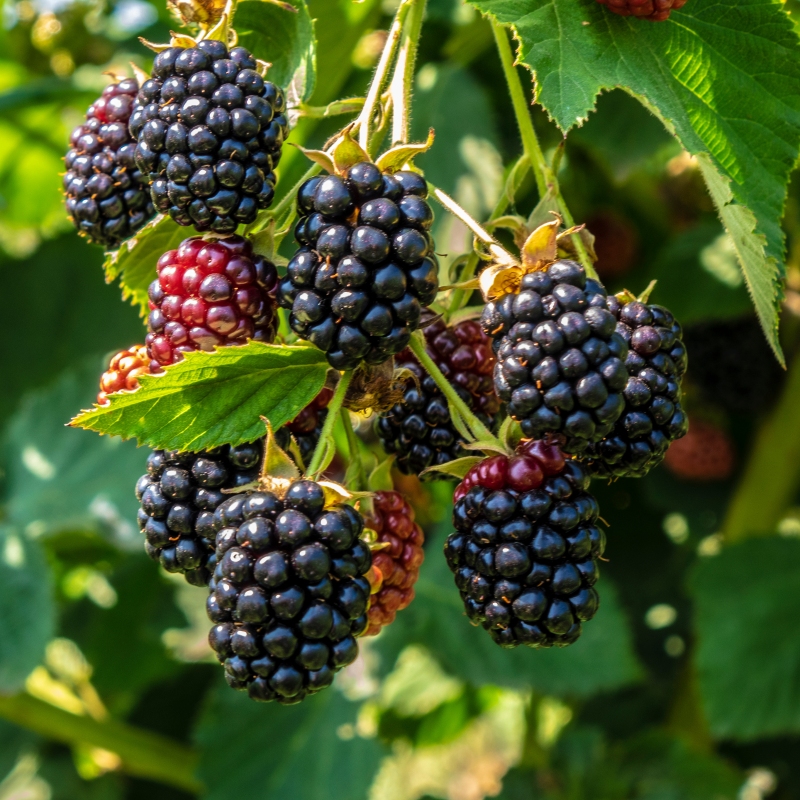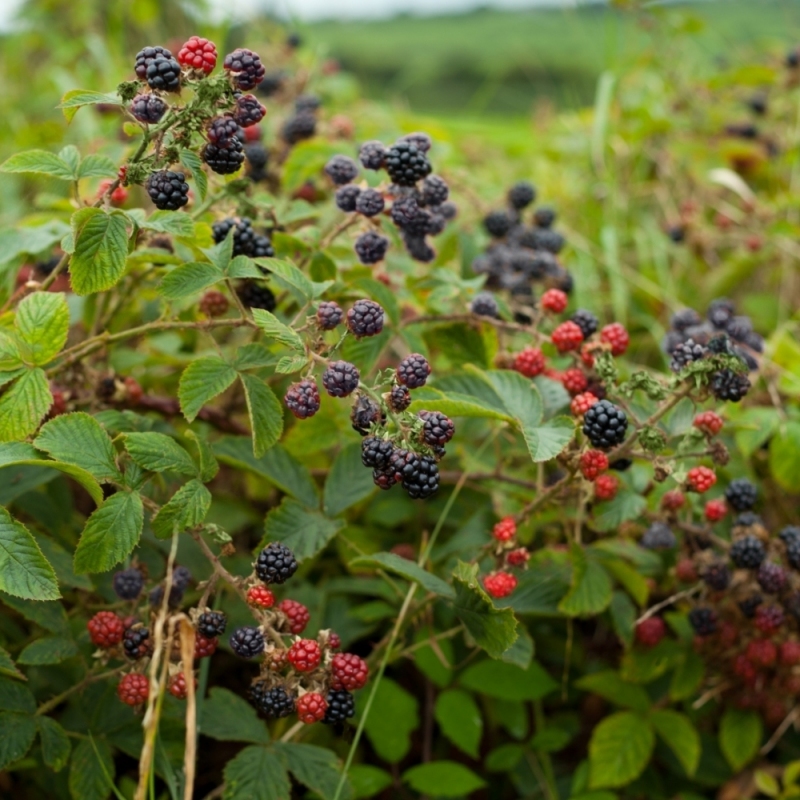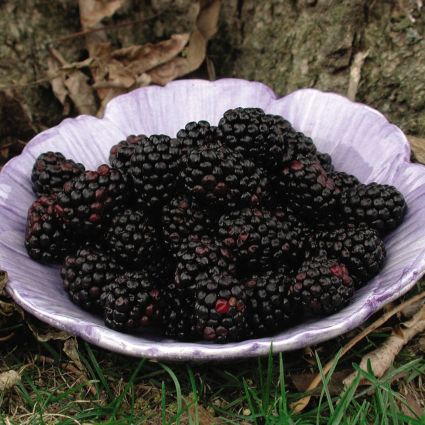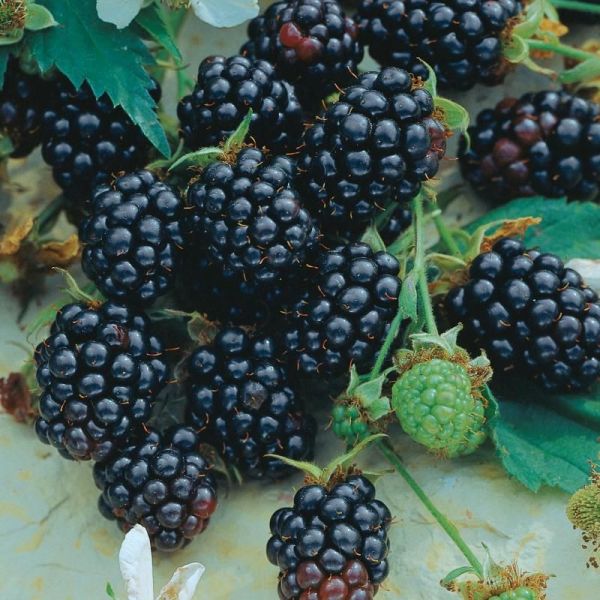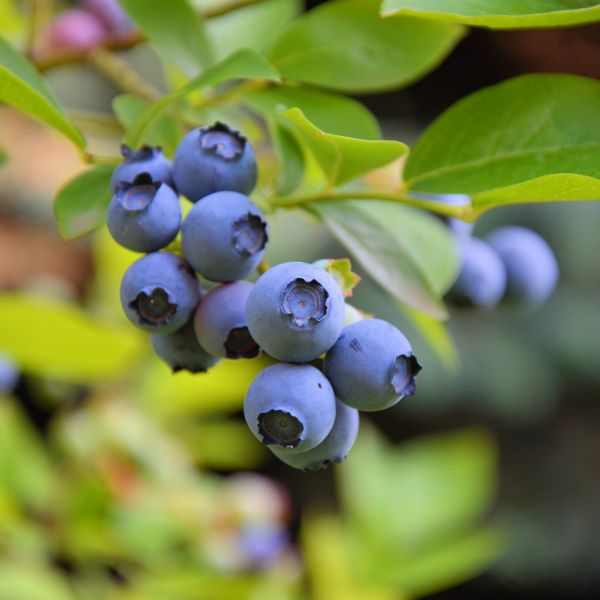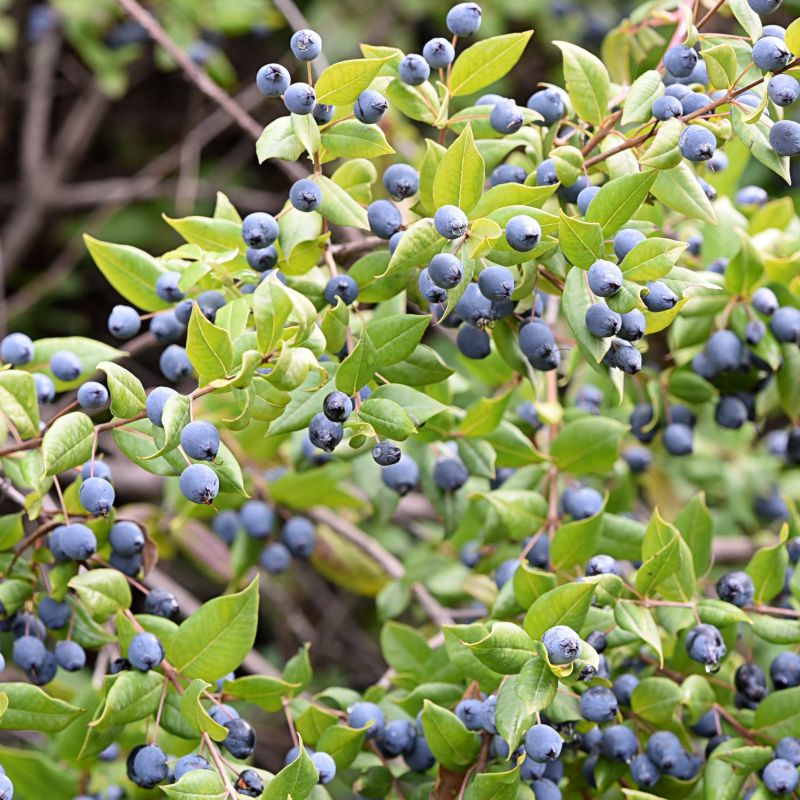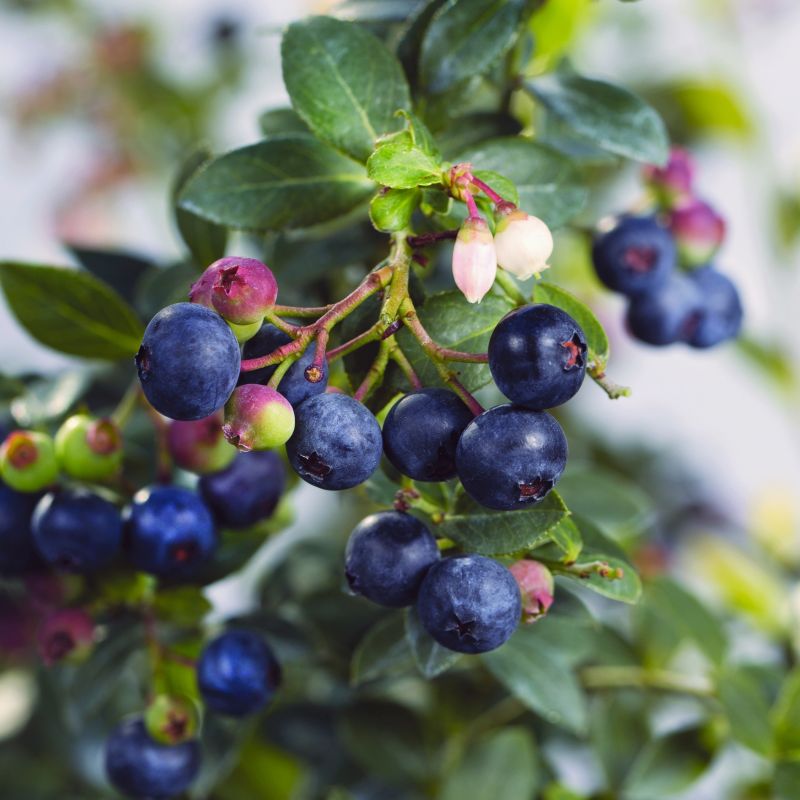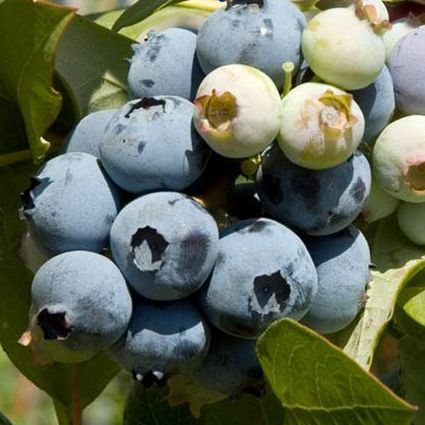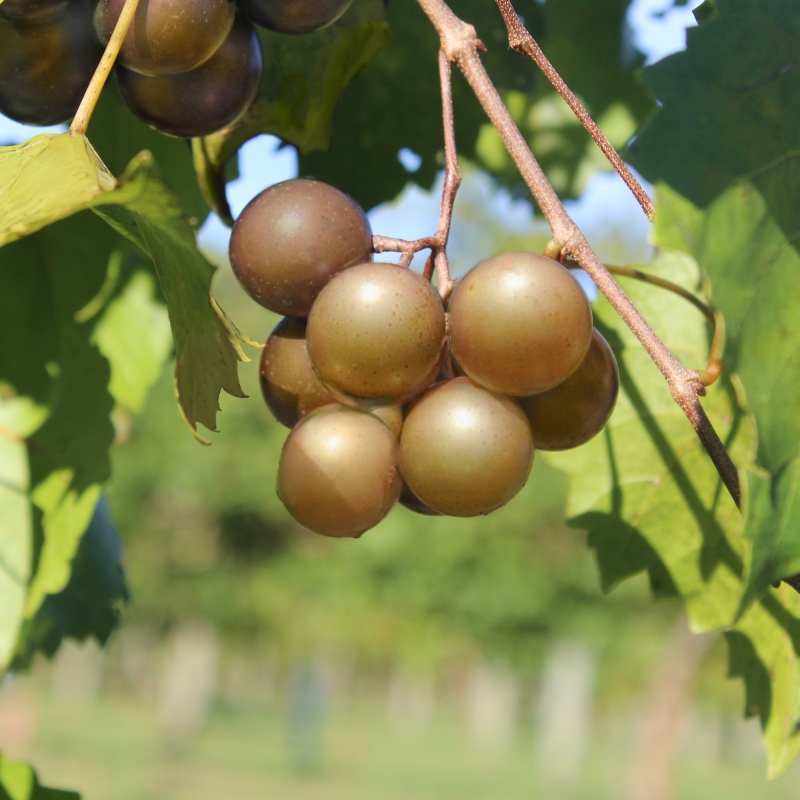
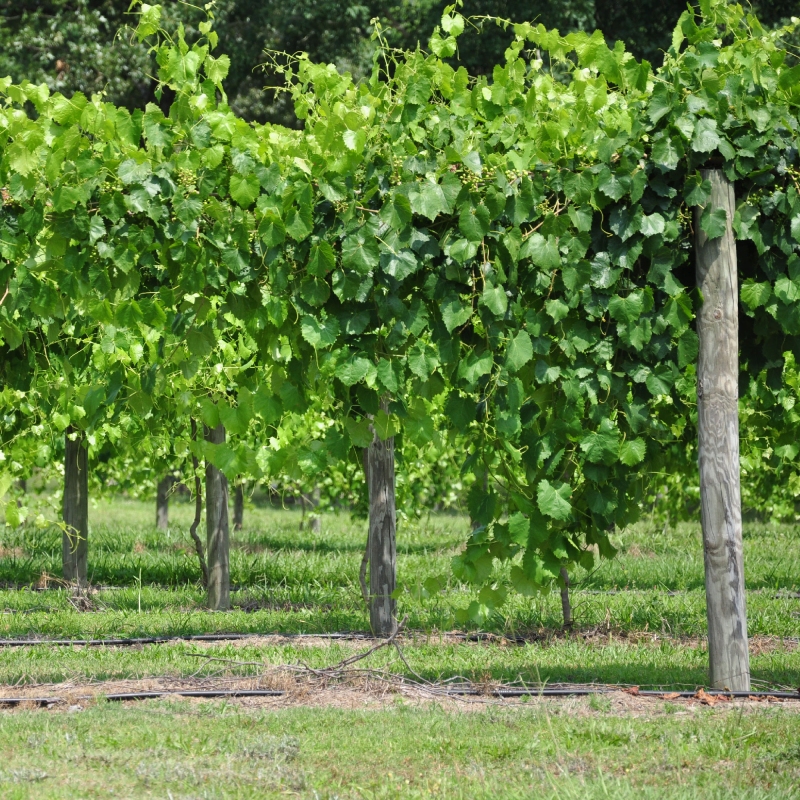
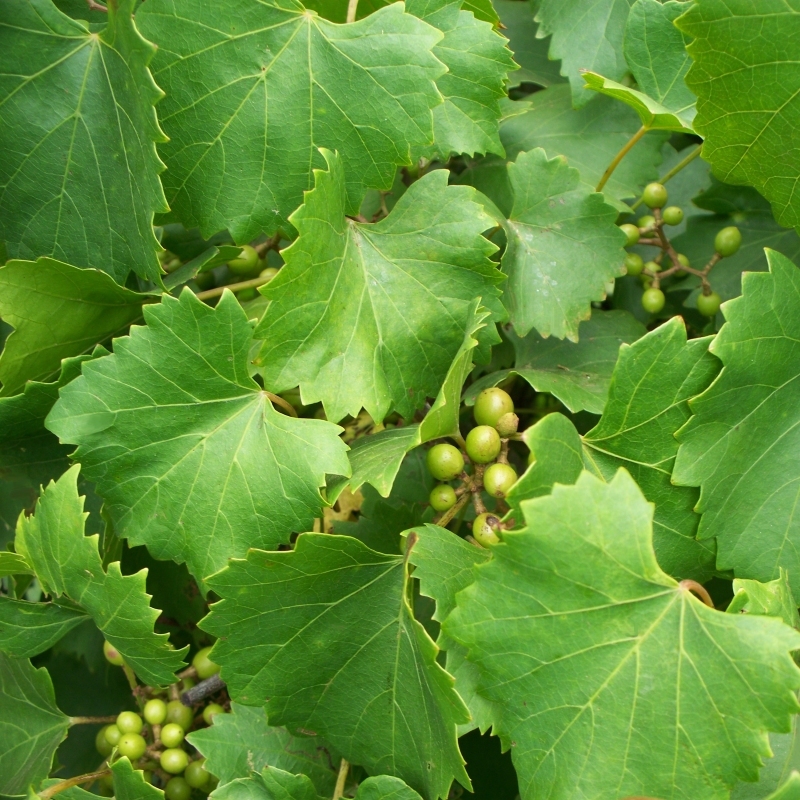
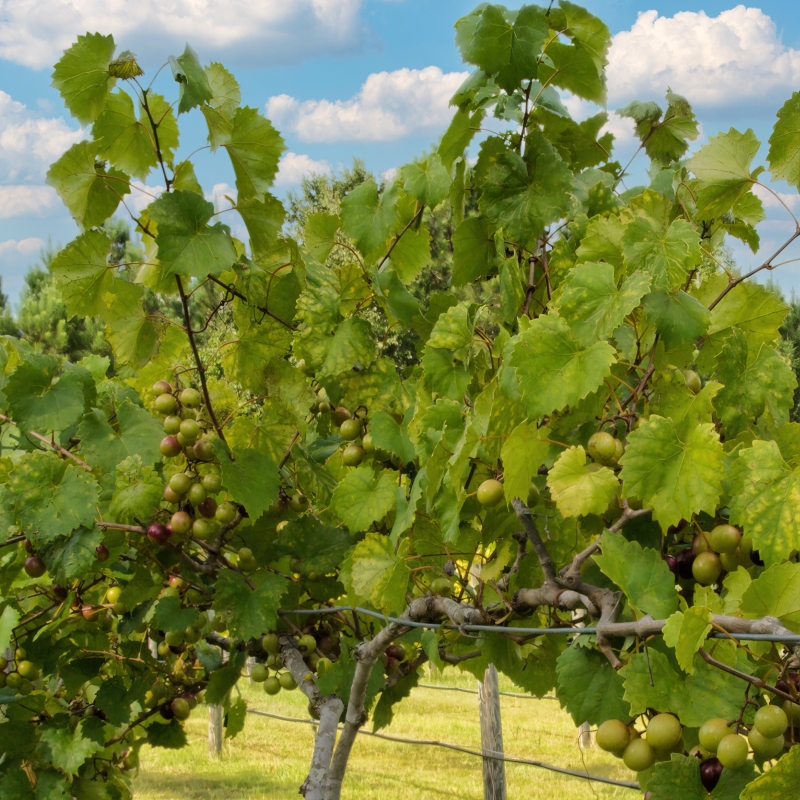
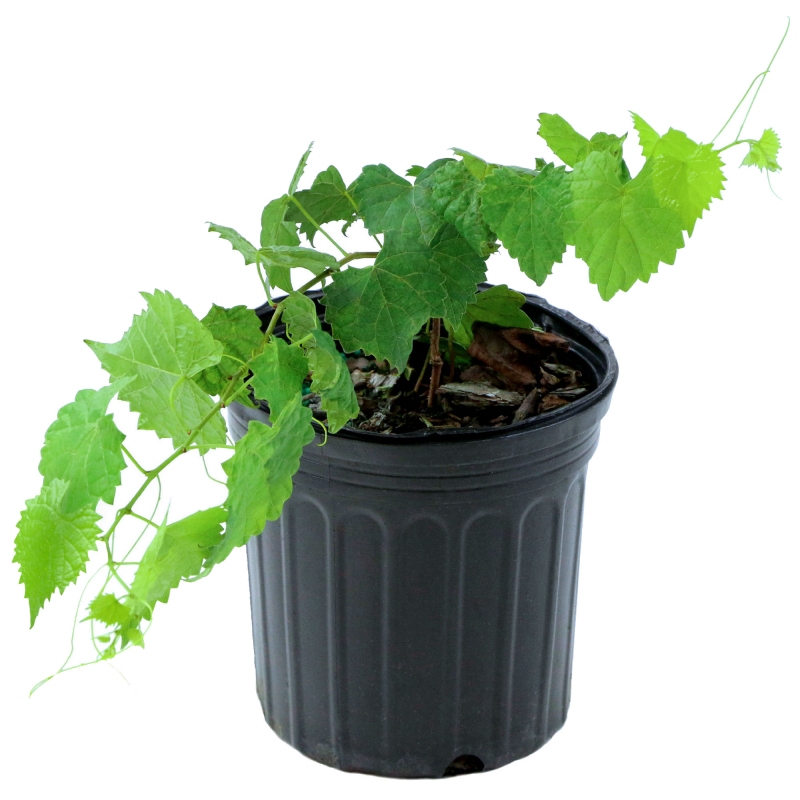
Grape Muscadine 'Scuppernog'
Vitis rotundifolia Scuppernog
19 reviews
Grape Muscadine 'Scuppernog'
Vitis rotundifolia Scuppernog
19 reviews
- Produces large, sweet, and juicy grapes
- Disease-resistant and easy to grow
- Perfect for snacking, making wine, or homemade jams
- Recommended by landscape designers for optimal fit in real yards
$57.00
$82.00
30% Off
- Ships to 43215 in 3-5 Days
- Free Shipping Over $150
- Plant Arrival Guarantee
- In Stock
- Free Plant Consult
$200 - Landscape-Approved: Every Plant We Sell Comes With Design Expertise Behind It
2.5 Qt.
We are sorry, product is currently out of stock due to seasonal availability. Please check the "Related plants available in your area" section below
Not just beautiful - intentionally selected by ShrubHub's 3D landscape design team to fit real-world spaces and maximize yard potential.
Why Grape Muscadine 'Scuppernog'?
The Grape Muscadine 'Scuppernog' is a popular variety of the Vitis rotundifolia species known for its large, sweet fruits and resistance to pests and diseases. This vine produces greenish-gold grapes that are commonly used for making jams, jellies, wines, and juices. 'Scuppernog' is also a vigorous grower and can thrive in a variety of soil types, making it a great choice for home gardeners.
Related plants available in your area
Sunlight
Grape Muscadine 'Scuppernog' requires full sunlight to thrive. It is important for this variety to receive at least six to eight hours of direct sunlight per day in order to promote healthy growth and a bountiful harvest.
Watering
Grape Muscadine 'Scuppernong' requires regular watering, especially during hot and dry periods. The plant should be watered deeply but infrequently, allowing the soil to dry out slightly between waterings. Mulching around the base of the plant can help ret
Fertilizing
Grape Muscadine 'Scuppernog' requires a well-balanced fertilizer with higher levels of potassium and lower levels of nitrogen. A general recommendation is to apply a complete fertilizer with an N-P-K ratio of 5-10-10 in the spring and early summer to promo
Grape Muscadine 'Scuppernog' (Vitis rotundifolia Scuppernog)
The Grape Muscadine 'Scuppernog' is a unique variety of muscadine grape known for its large, round, bronze-colored fruits. This variety is native to the Southeastern United States and is prized for its sweet, juicy flavor.
The Scuppernog grape vine is vigorous and can grow well in a variety of soil types. It is self-fertile, meaning it does not require another vine for pollination. The vine produces medium to large clusters of grapes that ripen in late summer to early fall.
These grapes are often used for making jelly, juice, and wine, but can also be enjoyed fresh off the vine. The 'Scuppernog' grape is high in antioxidants and other beneficial nutrients, making it a healthy and delicious choice for home gardeners.
Whether you're looking to add a unique grape variety to your garden or enjoy the flavors of the South, the Grape Muscadine 'Scuppernog' is a fantastic choice.
Plant Information:
| Botanical Name: | Vitis rotundifolia Scuppernog |
| USDA Zones: | 7 - 10 |
| Mature Height: | 20 FT |
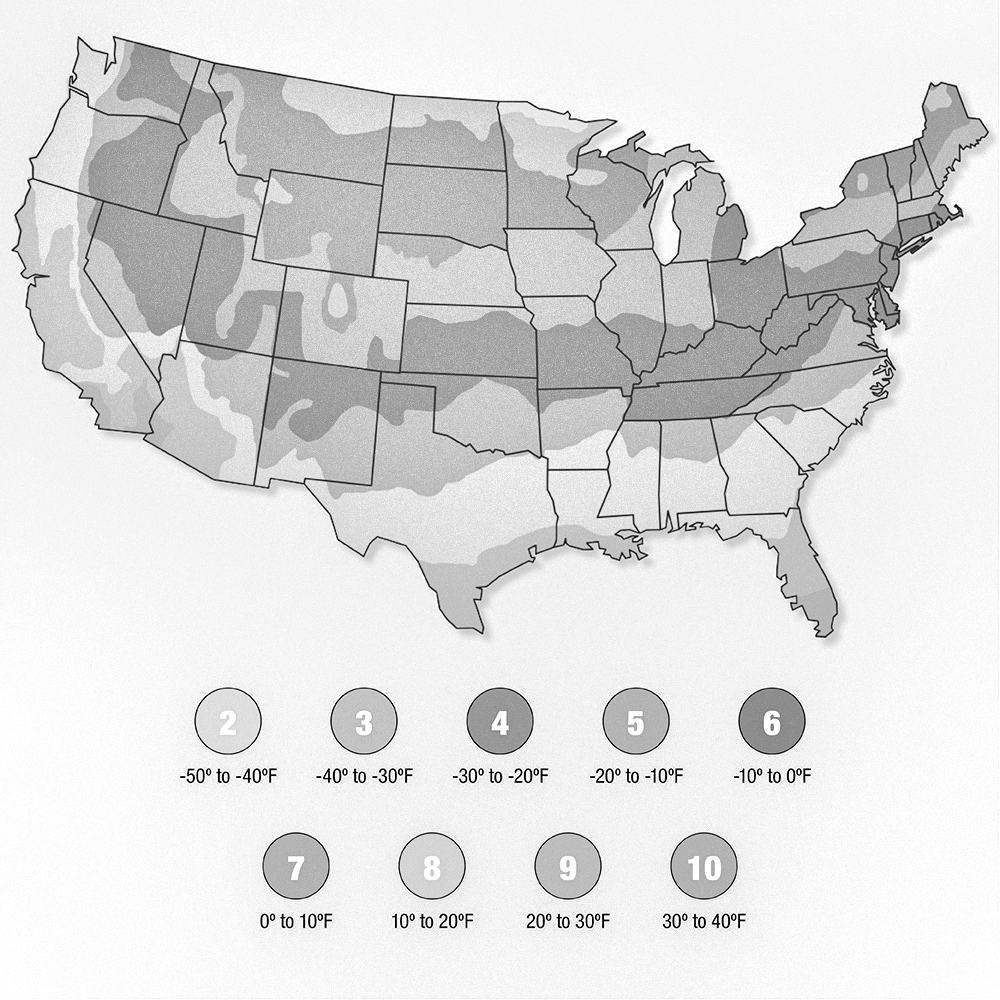




Pollination Info
Pollination Information for Grape Muscadine 'Scuppernog' (Vitis rotundifolia Scuppernog)
Grape Muscadine 'Scuppernog' is a self-fertile grape variety, meaning it does not require a separate pollinator plant to produce fruit. However, planting multiple grape vines of the same variety nearby can increase the chances of successful pollination and fruit set.
Bees and other pollinators are essential for transferring pollen between the flowers of grape vines. It is advisable to plant flowers and other plants that attract pollinators near your grape vines to ensure adequate pollination.
Hand-pollination can also be done by using a small brush to transfer pollen between flowers. This can be helpful in situations where pollinators are scarce or weather conditions are not conducive to pollination.
Proper care and maintenance of grape vines, including regular watering, adequate sunlight, and proper pruning, can also improve pollination and fruit set.
By providing a suitable environment for pollinators and taking necessary steps to ensure successful pollination, you can enjoy a bountiful harvest of delicious Scuppernog grapes from your vine.
FAQ
Grape Muscadine 'Scuppernog' (Vitis rotundifolia Scuppernog) FAQ
1. What is a Scuppernong grape?
Scuppernong is a variety of muscadine grape (Vitis rotundifolia) that is native to the southeastern United States. It is known for its large size, thick skin, and sweet flavor.
2. How do I plant Scuppernong grape vines?
Scuppernong grape vines should be planted in a sunny location with well-drained soil. The vines should be spaced at least 10 feet apart and trained on a trellis or support system for optimal growth.
3. How do I care for Scuppernong grape vines?
Scuppernong grape vines require regular watering, especially during dry periods, and should be fertilized in the spring with a balanced fertilizer. Pruning should be done in the late winter or early spring to remove dead or diseased growth and to promote fruit production.
4. When are Scuppernong grapes ready to harvest?
Scuppernong grapes are typically ready to harvest in late summer to early fall, depending on the climate and growing conditions. The grapes should be harvested when they are fully ripe and easily detach from the vine.
5. How do I store Scuppernong grapes?
Scuppernong grapes should be stored in a cool, dark place or in the refrigerator to prolong their shelf life. They can also be frozen for later use in recipes or to enjoy as a frozen treat.
Planting & Care
Planting
1. Choose a sunny spot with well-drained soil for planting your grape muscadine 'Scuppernog' vine.
2. Dig a hole twice as wide and deep as the root ball of the plant.
3. Place the vine in the hole and backfill with soil, tamping it down gently to remove any air pockets.
4. Water the plant thoroughly after planting to help it establish roots.
Care
1. Water the grape muscadine 'Scuppernog' vine regularly, especially during dry periods, to keep the soil evenly moist but not waterlogged.
2. Mulch around the base of the plant to help retain moisture and keep weeds at bay.
3. Fertilize the vine in the spring with a balanced fertilizer to promote healthy growth and fruit production.
4. Prune the vine in late winter or early spring to remove any dead or diseased wood and shape the plant as desired.
5. Monitor the plant for pests and diseases, such as powdery mildew or grape leafhoppers, and treat as needed.
6. Harvest the ripe grapes in late summer or early fall by gently twisting them off the vine.
Check Out These Verified Customer Reviews:
Customer Reviews
4.6 out of 5 based on 19 reviews
Thank you! Your review has been submitted.
Excellent customer service, answered all my questions promptly. Highly recommend!
Good website experience
Slight delay in shipment but worth the wait
Item has been added to your cart.





